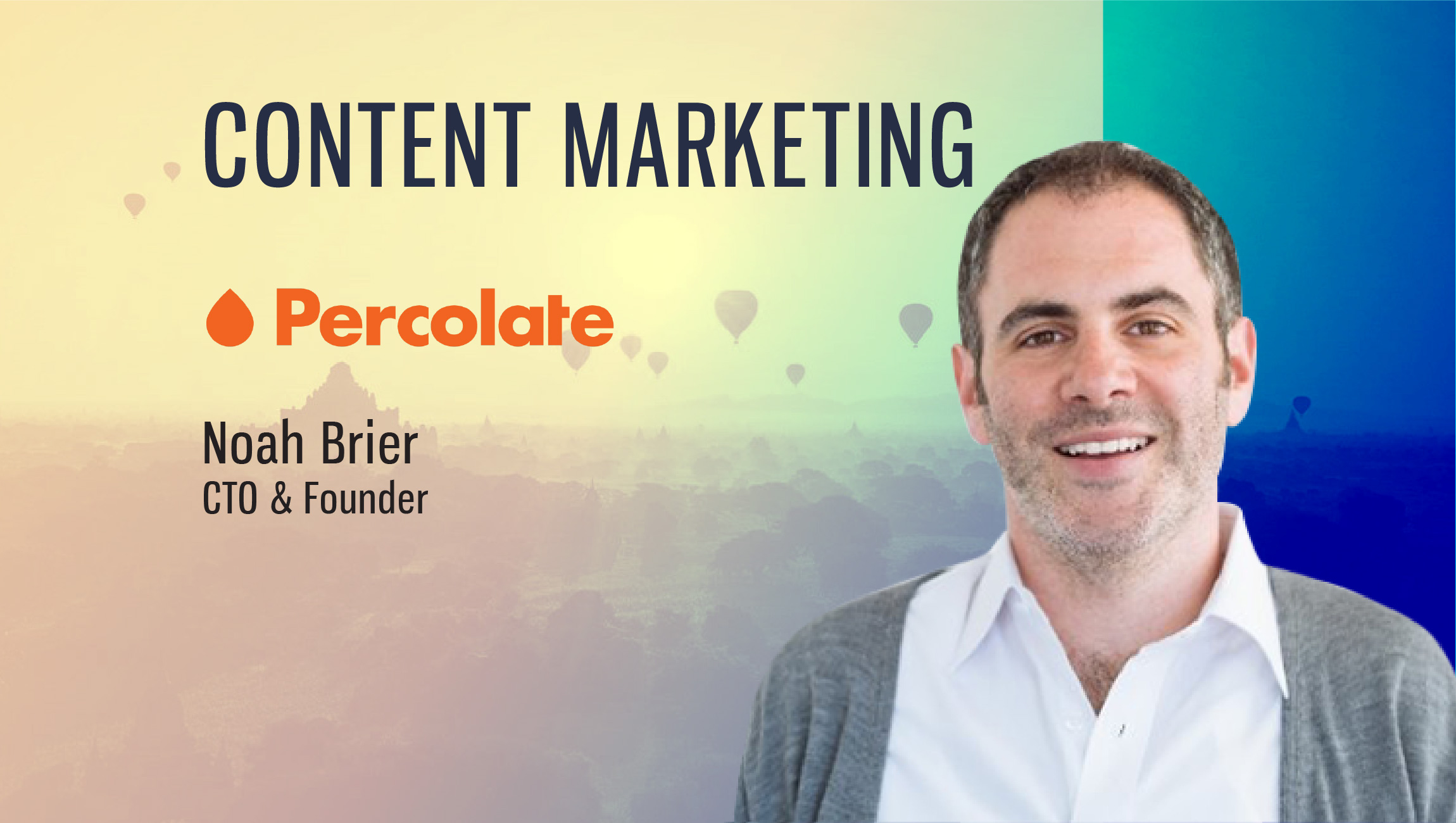![]() Regulation has a habit of rewarding innovators and punishing the complacent. The new General Data Protection Regulations (GDPR) are no different. And this is a real opportunity for Martech broadly.
Regulation has a habit of rewarding innovators and punishing the complacent. The new General Data Protection Regulations (GDPR) are no different. And this is a real opportunity for Martech broadly.
Just as the Clean Air Act provided stimulus for the creators of catalytic converters, GDPR signals the beginning of a more responsible future relationship between brands and consumers.
In advertising and marketing terms, we have seen some rather limp attempts to be good: cookie law being one recent example. But recent revelations have thrown the dark and mysterious world of trading personal data into stark daylight and raises difficult questions for digital marketing. The useful timing for the EU scribes but is sending a bolt of fear through business who may have gotten away with it so far. And quite rightly so.
Other mediums have experienced regulation in the past – look no further than the Mail Preference Service or the Telephone Preference Service but these were Opt Out rather than Opt In. And with the greatest respect to telemarketers and direct marketers, the Internet and digital marketing have dwarfed these previous issues by means of its sheer processing power and speed. Digital marketers have taken a dent to their reputation but should embrace these regulations as a means of creating transparency and openness and an opportunity to rebuild consumers’ trust.
Also Read: 2018 – THE NEED FOR SPEED
With new regulations come companies innovating and adapting. In our world, there will be changes from and impacting the Adtech industry, Martech industry – for they are very different and need to be treated so – Consumers and Publishers. To that end, what do I think will happen to each?
Adtech companies will consolidate because they’re not kitted out to handle personal data irrespective of consent. Advertisers and agencies will pull back from using adtech vendors. This will, in turn, create a big challenge for investors in the programmatic space. It is unclear if adtech companies need consent for data or if it is the publishers who will need the “tick here for consent”. But the transparency from publishers declaring who will be using your data will help drive the consolidation of adtech companies. This is by no means going to end adtech, but it will look considerably different than what we see today – and that’s exciting.
Martech companies/vendors have a greater chance of success. In the main, they’re providing services to clients who are more likely to be in control of personal data and can, therefore, invest in consent. What’s more, martech companies that can integrate with business’ own existing IT systems and allow businesses to ensure compliance with GDPR will thrive. Most importantly, technologies that can help manage compliance and consent throughout Europe and the US will be of most value to business.
Also Read: GDPR: Take a Long, Hard Look at Yourselves in 2018
Consumers will begin to realize the value of their personal data in monetary terms – no doubt this will bring about marketplace models for data. Why not? If people are happy to sell their blood why not their ones and zeroes too? I’m watching players such as Digi.me to see how this works out but am mindful that giants such as Facebook are most likely waiting on the sidelines, perhaps for the heat to blow over. It is also important to highlight that consumers will be presented over the next few months with the power to withdraw their consent and many publishers may find their audiences are not as receptive to certain content. Consumers will be made to feel like they are the ones in control, that they have regained the power. In reality, this is the evolution of customer service and the very beginning of data awareness – the power struggle will continue.
Publishers? I feel your pain in the short term but we are not going to have an Internet without content and a standardization for consent is going to have to be cracked. Over the next few months expect to see numbers of newsletter recipients fluctuate and new web pages explaining data processes. The challenge here is how to list out the various adtech companies who share data with publishers, that’s going to be a lengthy and complex process that could hurt. If you can find a simple standardized method they will be very popular.
GDPR will help to bring about greater transparency in the advertising ecosystem and no doubt, this level of regulation will one day be a global standard. But companies and publishers should expect to have the covers removed and be a bit exposed in the short term. It is not just business that is now alert to GDPR, consumers will be wise to their newfound powers and businesses should disrespect that at their own peril.
Recommended Read: Vorsprung Durch Dmexco












Comments are closed.